The WTO dispute settlement mechanism draws its institutional legitimacy from its establishment under international law and its specific functions in the global economic order. Yet, the negotiations in the Uruguay Round, that preceded the Installation of the WTO dispute settlement system, have clearly demonstrated the democratic deficiencies of international lawmaking. The Input-legitimacy of the WTO dispute settlement understanding is, therefore, weak. A different picture appears with regard to the Output of the system. The WTO dispute settlement mechanism has mastered a remarkable number of cases and has become an indispensable instrument for the solution of trade conflicts. The procedural legitimation of WTO dispute settlement decisions is further ensured by independent and qualified panellists and Appellate Body judges as well as by the guarantee of basic due process rights. From a normative perspective, the WTO is, however, not legitimated to rule matters that involve societal value decisions. Since the trade agreements touch many of these issues, the dispute settlement organs must exercise judicial self-restraint in applying WTO law. Thereby, they can fall back as a variety of issue-avoidance techniques that are practiced under national law.










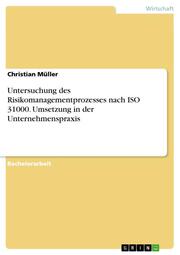
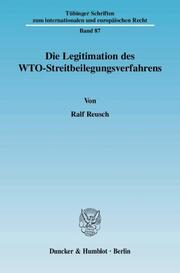


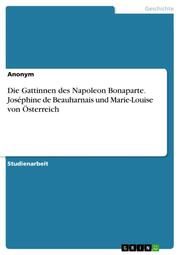


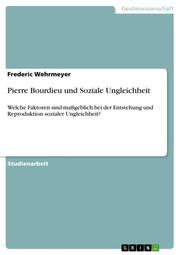
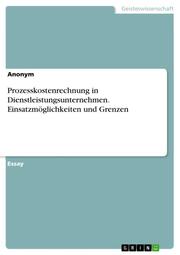







Bewertungen
Es gibt noch keine Bewertungen.